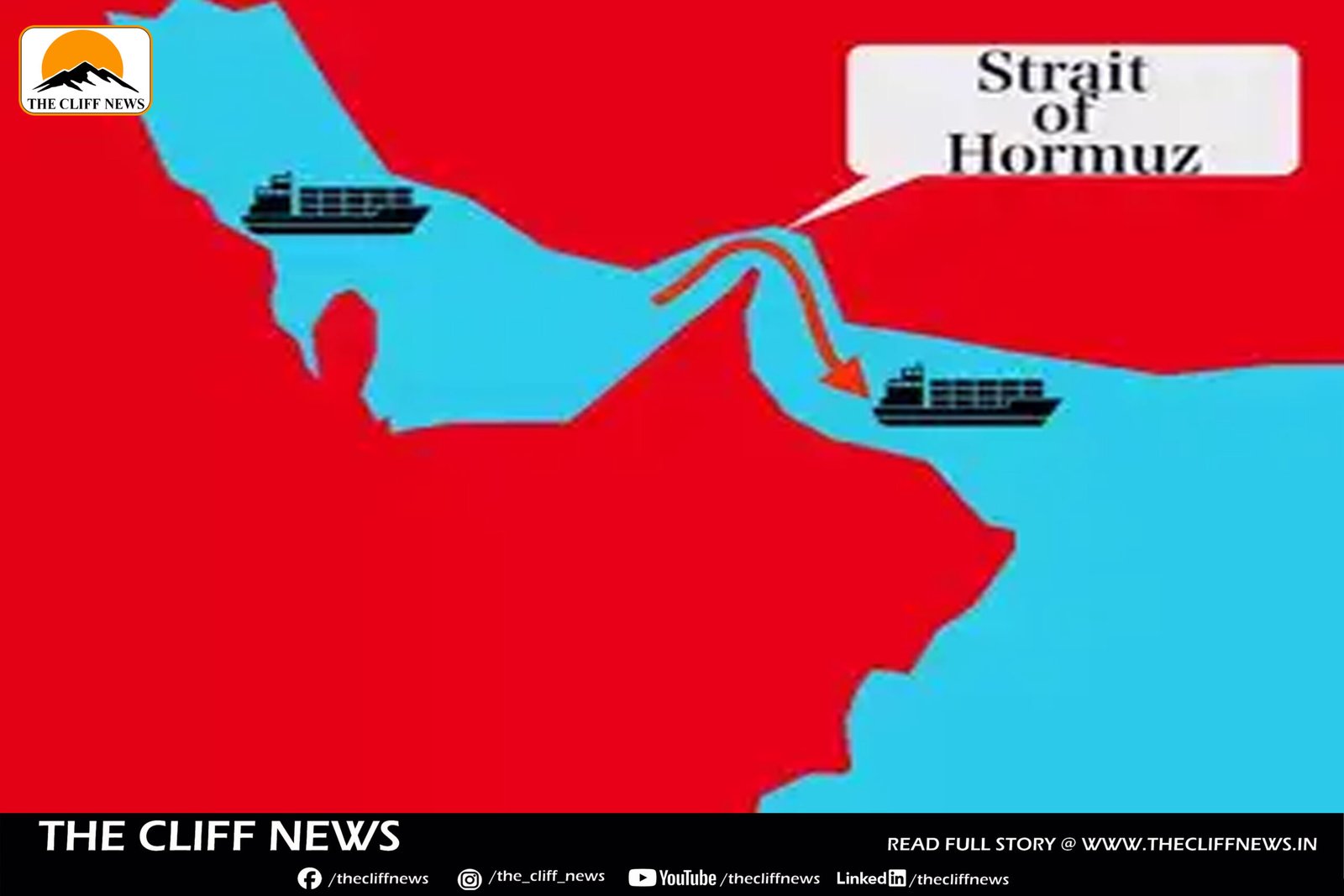June 20: Global energy giant Shell Plc has issued a stark warning that any disruption in the Strait of Hormuz, amid rising tensions between Israel and Iran, could have devastating effects on global trade, particularly oil and gas supplies. Speaking at the Japan Energy Summit & Exhibition in Tokyo, Shell CEO Wael Sawan stated that the company has contingency plans in place should the situation deteriorate further.
“If that artery is blocked, for whatever reason, it has a huge impact on global trade,” Sawan said. “We have plans in the eventuality that things deteriorate.”
Energy Flows Under Watch
While crude prices have risen in recent days due to the hostilities, actual energy flows remain uninterrupted. However, global energy traders are on high alert, anticipating that the escalation could soon impact maritime logistics.
The Strait of Hormuz, a 33-kilometre-wide chokepoint at its narrowest, is once again at the centre of geopolitical and energy security concerns. Roughly one-quarter of the world’s oil supply and a substantial portion of liquefied natural gas (LNG) pass through this narrow waterway. It links the Persian Gulf to the Indian Ocean and serves as the main export route for oil and gas from key producers including Saudi Arabia, Iraq, UAE, Kuwait, Qatar, and Iran.
Iran’s Threats and Jamming Activity
Iranian leaders have repeatedly threatened to block the strait in retaliation against perceived provocations, raising concerns among energy-dependent nations like India and Japan. Recent reports have also highlighted signal jamming incidents affecting ship navigation through the region.
Sawan confirmed the issue, stating:
“What is particularly challenging right now is some of the jamming that’s happening.”
He emphasized that Shell is being extremely cautious with its shipping operations in the Middle East.
US May Join Conflict
Sources close to the matter have revealed that senior US officials are considering a direct military strike on Iran, further raising fears of a wider regional war. While no final decision has been made, preparations and intelligence assessments are reportedly underway, with the situation said to be “fluid.”
Global Implications Loom
As the conflict threatens to spill over into international waters, the global economy stands at risk, particularly through potential disruptions to oil prices, supply chains, and shipping routes. A prolonged or intensified blockade of the Strait of Hormuz could send energy prices soaring, trigger global inflation, and cripple trade routes critical to both developed and developing nations.
In the meantime, Shell and other global energy companies continue to monitor the region closely while activating risk mitigation strategies, underscoring the fragile state of energy security in today’s geopolitical climate.



